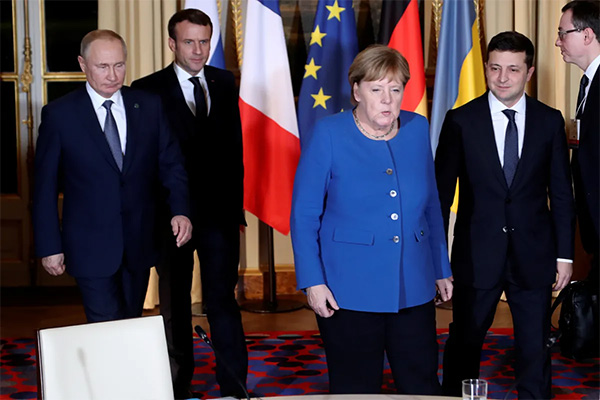
War was inevitable outcome of 2014 U.S.-backed coup in Ukraine
Former German Chancellor Angela Merkel said in an interview with Die Zeit, published on December 7, that “the 2014 Minsk agreement was an attempt to give time to Ukraine. It…used this time to become stronger as can be seen today. The Ukraine of 2014-2015 is not the modern Ukraine.”
These comments echoed those of Petro Poroshenko, the former president of Ukraine, who came to power in snap elections after the 2014 coup d’état. Regarding his signing of the Minsk Accord, Poroshenko repeated in a Deutsche Welle interview last June his previous admission: “Our goal was to, first, stop the threat, or at least to delay the war—to secure eight years to restore economic growth and create powerful armed forces.”
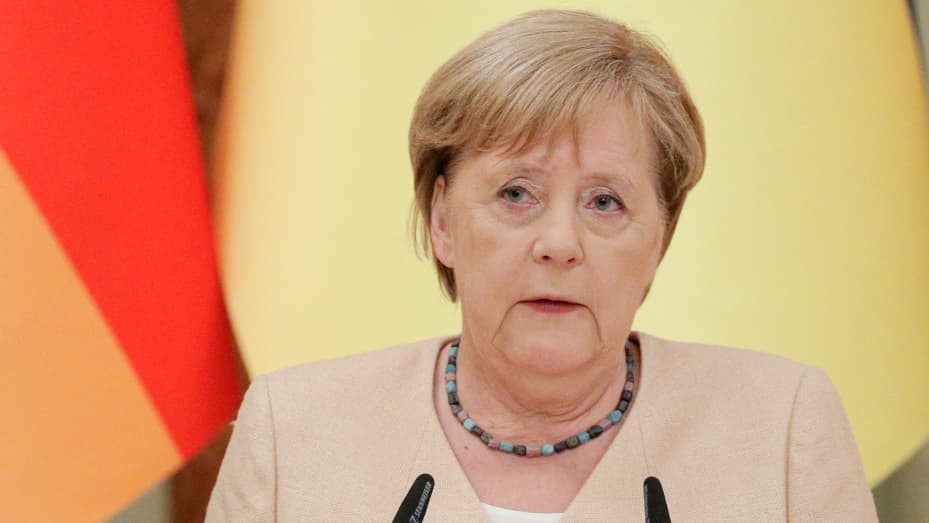
Meaning that Ukraine had no real intention of following the accords, but wanted to buy time while Ukraine built fortifications and developed a military strong enough to wage a war of aggression against the Russian-tilted Donetsk and Luhansk regions, which had demanded autonomy from the Ukrainian government installed in the February 2014 coup.
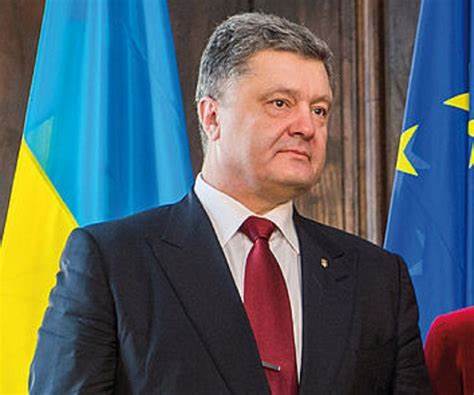
Ukrainian President Viktor Yanukovych (2010-2014) became a target for regime change when he spurned an International Monetary Fund (IMF) loan and instead drew his country closer to Russia.
When protesters backed by the U.S. did not have enough signatures for Yanukovych’s impeachment, they overthrew his government by force and hunted down Yanukovych’s supporters. The new Ukrainian government further tried to impose draconian language laws and attacked the people of eastern Ukraine after they voted for their autonomy after the coup—an attack that began right after then-CIA director John Brennan visited Ukraine.[1]
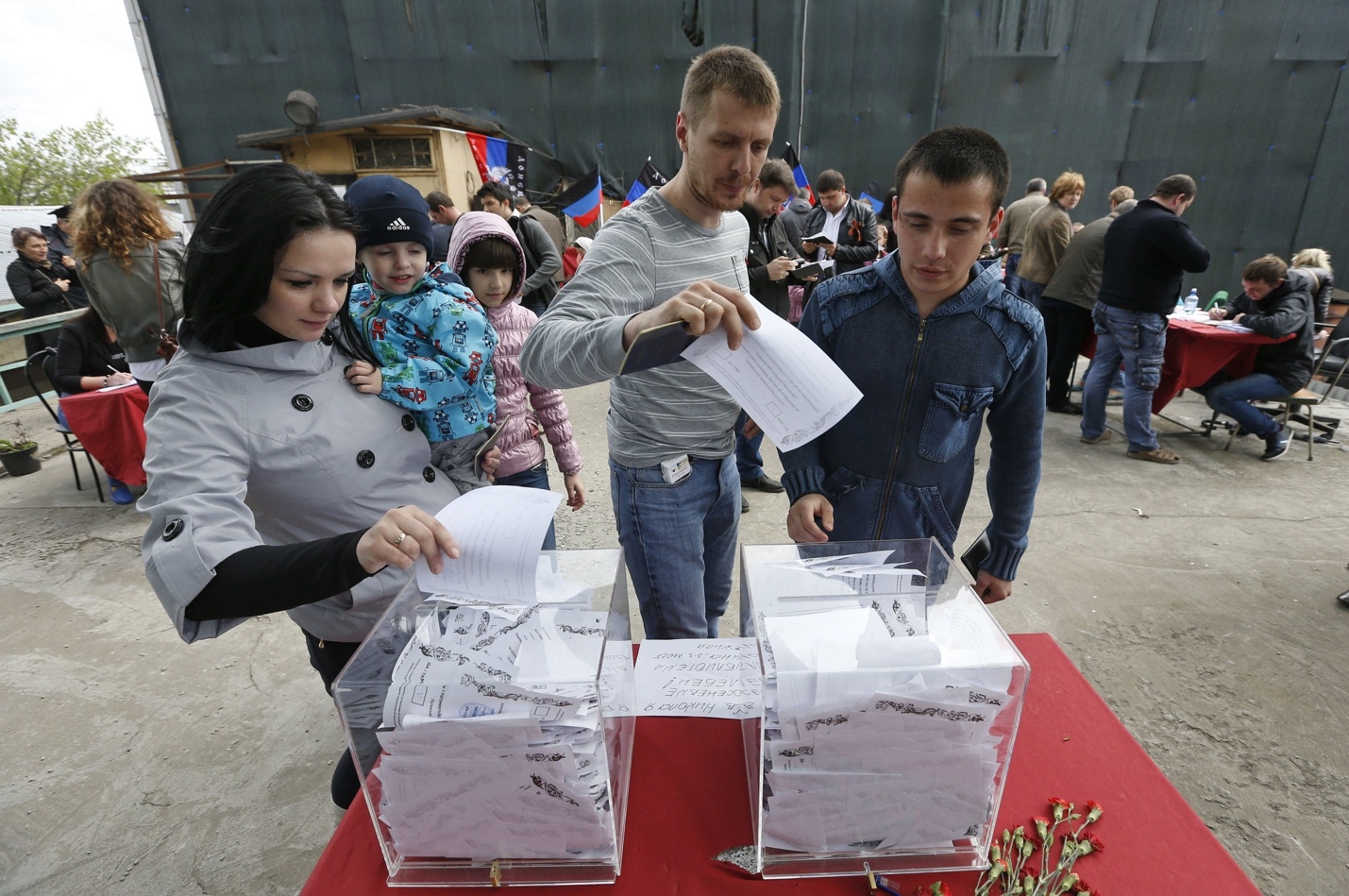
Signed originally on September 5, 2014, by Ukraine, Russia, rebel leaders in eastern Ukraine and the Organization for Security and Cooperation in Europe (OSCE), with mediation by leaders in France and Germany, the Minsk agreement had followed a twelve-point protocol advocating for a cease-fire in the fighting between the Ukrainian military and Donetsk and Luhansk People’s Republics and to decentralize power, giving those Republics autonomy which they had voted for in popular referenda.
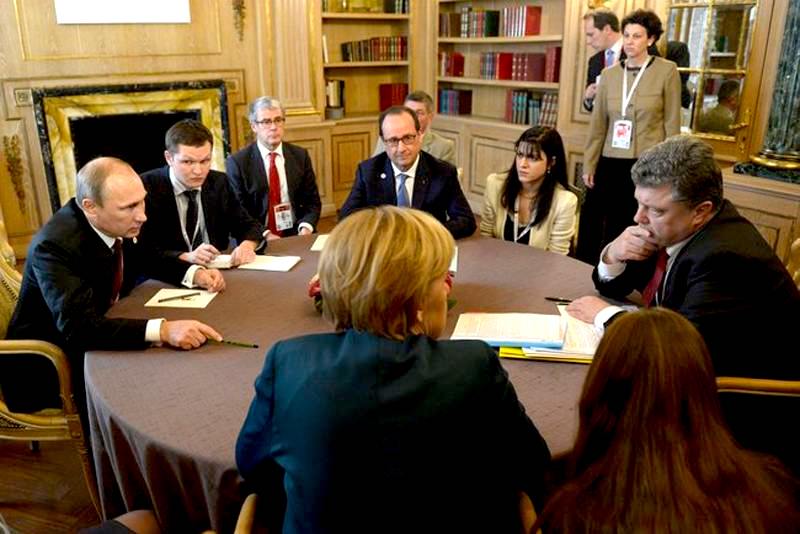
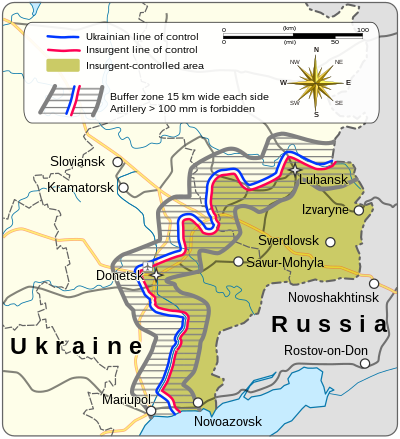
Additional provisions included the withdrawal of illegal armed groups and mercenaries from Ukraine, the release of hostages and illegally detained persons, the establishment of security zones and independent monitoring of the conflict zones, prosecution and punishment of war criminals, and continuance of inclusive national dialogue.
Unfortunately, the Minsk protocol was never followed, and conflict in eastern Ukraine persisted, leading to the signing of the Minsk II protocol in February 2015.
This protocol reaffirmed many aspects of the first Minsk agreement, including the promotion of decentralization and autonomy for the Donetsk and Luhansk Republics, which was to be enshrined in a new Ukrainian constitution that was to recognize the diversity of religions, languages and cultures within Ukraine.[2]
The Ukrainian right sector, however, vowed not to follow Minsk II, claiming that it was unconstitutional and the U.S. State Department accused Russian President Vladimir Putin of violating the protocol by deploying Russian Armed Forces around the contested city of Debaltseve to assist the Donetsk Army. (Putin’s spokesman denied this and said that Russia could not assist in the implementation of Minsk II because it was not involved in the conflict.)
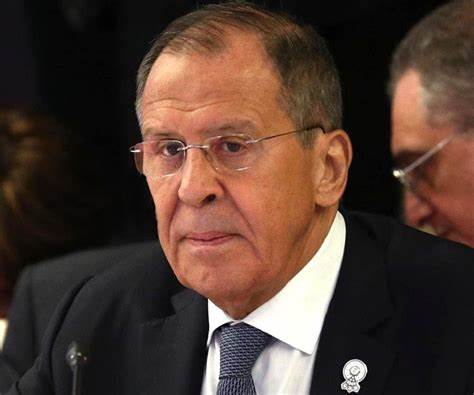
When a law was passed in the Ukrainian parliament granting Donetsk and Luhansk partial autonomy, Russian Foreign Minister Sergey Lavrov said that the “law was a sharp departure from the Minsk agreements because it demanded local elections under Ukrainian jurisdiction.”
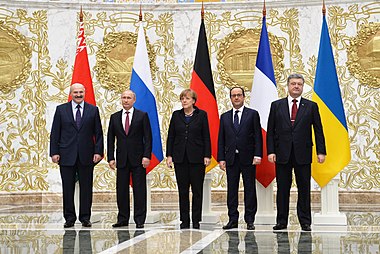
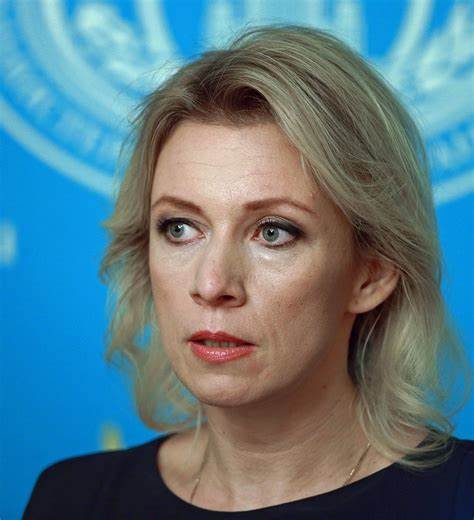
Russian Foreign Ministry spokeswoman Maria Zakharova said that Angela Merkel’s comments on December 7 were nothing short of the testimony of a person who openly admitted that everything done between 2014 and 2015 was meant to “distract the international community from real issues, play for time, pump up the Kyiv regime with weapons, and escalate the issue into a large-scale conflict.”
Merkel’s statements “horrifyingly” reveal in turn that the West uses “forgery as a method of action,” and resorts to “machinations, manipulation, and all kinds of distortions of truth, law, and rights imaginable.”
Loss of Trust
Russian President Vladimir Putin for his part told journalists at a Eurasian Union Summit in Bishkek, Kyrgyzstan, on December 10[3] that he had thought the leader of the Federal Republic of Germany, even though Germany was on Ukraine’s side, had been sincere in negotiating the Minsk agreements, but now it was apparent that “they were deceiving us. The only purpose was to pump arms into Ukraine and get it ready for hostilities. We are seeing this, yes. Apparently, we got our bearings too late, frankly. Perhaps we should have started all this sooner, but we still simply hoped to come to terms under these Minsk peace agreements.”
For Putin, Merkel’s admission shows that “we did everything right by starting the special military operation. Why? Because it transpired that nobody was going to fulfill these Minsk agreements. The Ukrainian leaders also mentioned this, in the words of former President Poroshenko, who said he signed the agreements but was not going to fulfill them.”
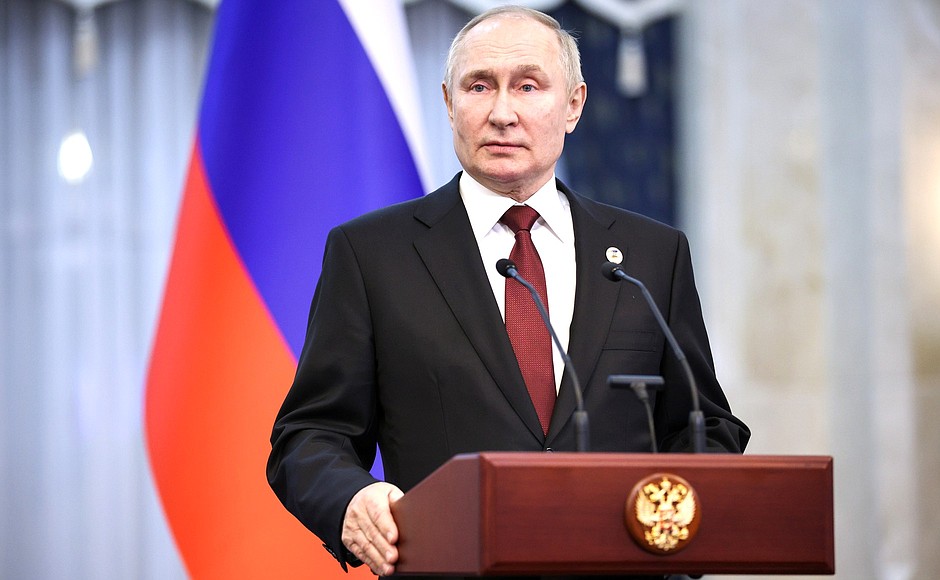
According to Putin, now the issue of “trust is at stake. Trust as such is already close to zero, but after such statements, the issue of trust is coming to the fore. How can we negotiate anything? What can we agree upon? Is it possible to come to terms with anyone, and where are the guarantees? This is, of course, a problem. But eventually we will have to come to terms all the same. I have already said many times that we are ready for these agreements, we are open. But, naturally, all this makes us wonder with whom we are dealing.”
Fitting a Larger Pattern of Deception
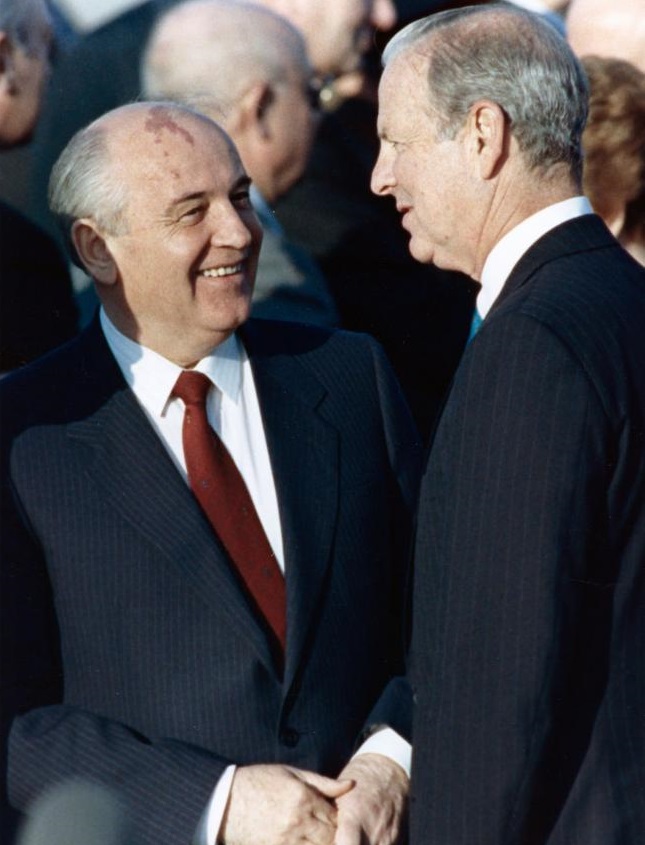
Western treachery over the Minsk agreements is far from a historical anomaly.
Following the end of the Cold War, the George H. W. Bush administration promised Mikhail Gorbachev that NATO would not be expanded one inch eastward in exchange for Russia accepting the reunification of Germany and removing troops it had stationed in East Germany.
But in 1998, the Clinton administration certified NATO expansion into Romania, Poland and Hungary, triggering a new Cold War.
Decades earlier, the United States had deceived the Soviets by failing to abide by the Yalta agreements when it covertly armed neo-Nazis to try to foment counter-revolutions in pro-communist governments that were being established in Eastern Europe.
When the U.S. invaded Russia with six other countries in 1918 following the Bolshevik Revolution, President Woodrow Wilson deceived his own commanding General, William S. Graves, who was told that he was going to Russia to protect the Trans-Siberian Railway and a Czech military delegation when his real purpose was to support Czarist military officers intent on re-establishing the old order in Russia.[4]
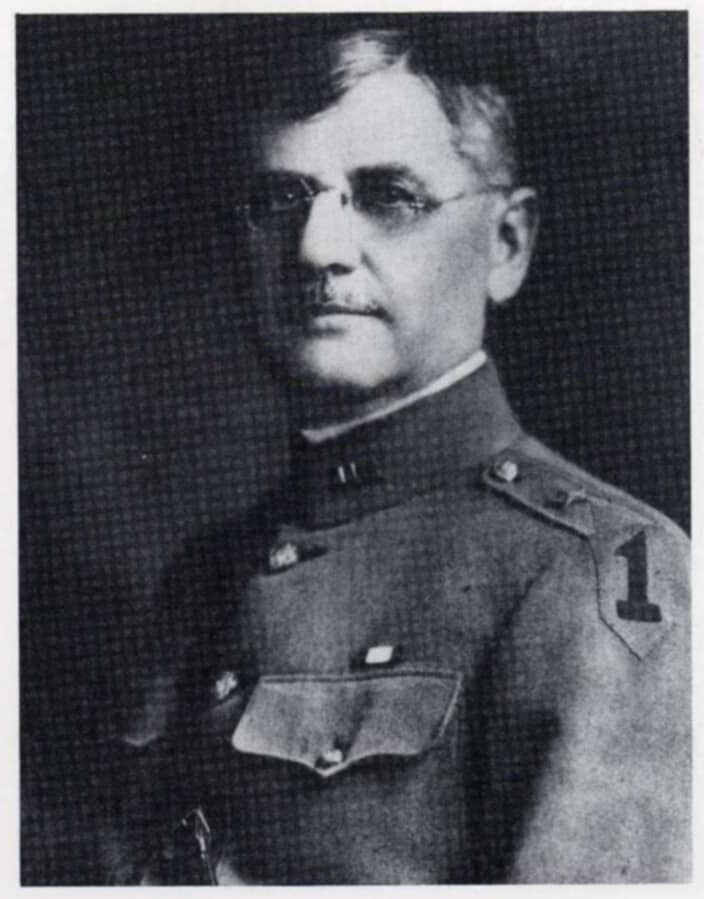
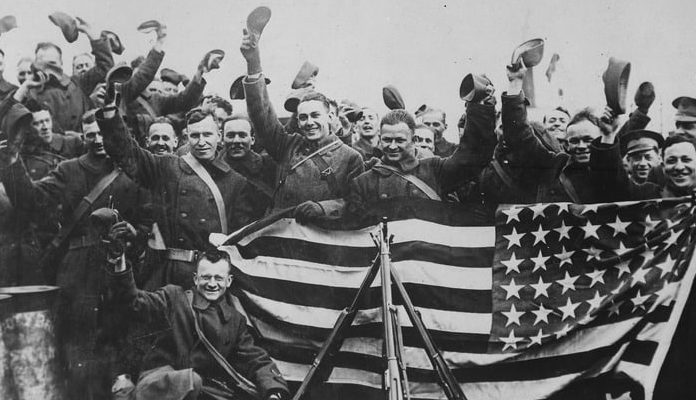
How the West Brought War to Ukraine
Benjamin Abelow’s new book, How the West Brought War to Ukraine: Understanding How U.S. and NATO Policies Led to Crisis, War, and the Risk of Nuclear Catastrophe (Great Barrington, MA: Siland Press, 2022), demonstrates that the official U.S. narrative about the war in Ukraine is not only wrong but “the opposite of truth.”
A lecturer in medicine at Yale University with a degree in European history who lobbied Congress on nuclear weapons policy, Abelow writes that “the underlying cause of the war lies not in an unbridled expansionism of Mr. Putin, or in paranoid delusions of military planners in the Kremlin, but in a 30-year history of Western provocations, directed at Russia, that began during the dissolution of the Soviet Union and continued to the start of the war.”[5]
![How the West Brought War to Ukraine: Understanding How U.S. and NATO Policies Led to Crisis, War, and the Risk of Nuclear Catastrophe by [Benjamin Abelow]](https://covertactionmagazine.com/wp-content/uploads/2022/12/how-the-west-brought-war-to-ukraine-understanding.jpeg)
The key U.S./Western provocations detailed by Abelow are:
- The expansion of the North Atlantic Treaty Organization (NATO), a hostile anti-Russian military alliance, over a thousand miles eastward, pressing it toward Russia’s borders in disregard of assurances previously given to Moscow.
- Withdrawal from the Anti-Ballistic Missile Treaty and the placing of anti-ballistic launch systems that could accommodate and fire offensive nuclear weapons such as nuclear-tipped Tomahawk cruise missiles at Russia, from newly joined NATO countries.
- The Obama administration’s laying the groundwork for and possibly directly instigating an armed, far-right coup in Ukraine, which replaced a democratically elected pro-Russian government with an unelected pro-Western one that had four high-ranking members who could be labeled neo-fascist.
- The conducting of countless NATO military exercises near Russia’s border, including ones with live-fire rocket exercises whose goal was to simulate attacks on air-defense systems inside Russia.
- The assertion that Ukraine would become a NATO member.
- Withdrawal by the U.S. from the Intermediate-Range Nuclear Forces (INF) Treaty, increasing Russia’s vulnerability to a U.S. first strike.
- The U.S.’s arming and training of the Ukrainian military through bilateral agreements and holding of regular joint military training exercises inside Ukraine.
- Leading the Ukrainian leadership to adopt an uncompromising stance toward Russia, further exacerbating the threat to Russia.[6]
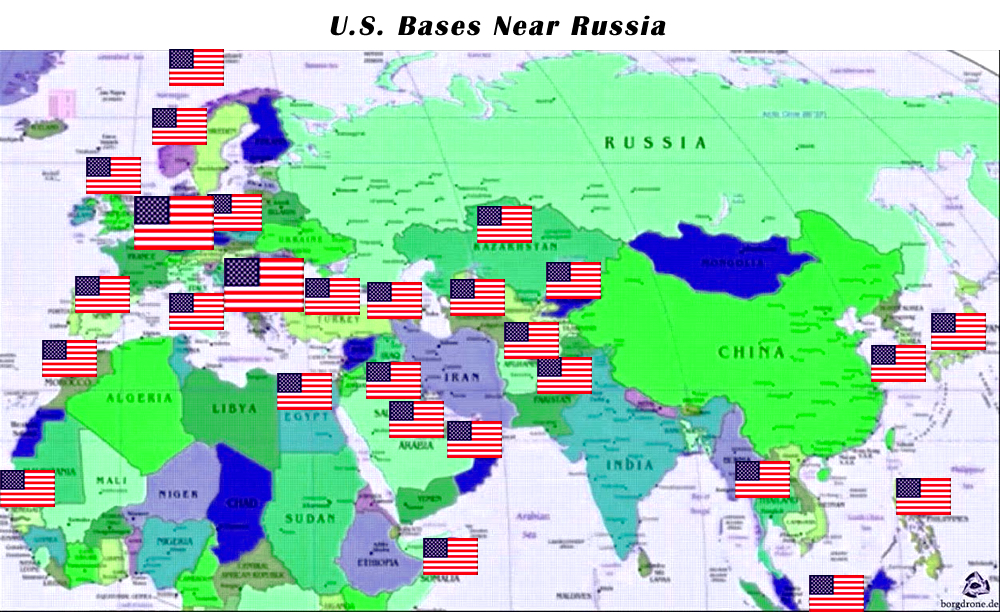
Abelow makes clear that, if the situation were reversed and Russia or China carried out equivalent steps near U.S. territory, the U.S. would surely respond with a preemptive military attack on the aggressors that would be justified as a ‘matter of self-defense.’
So why should Russia be maligned when it is acting as any country would under similar circumstances? And why is it so hard for Americans to stand against their government’s reckless, deceitful and criminal policies that have greatly heightened the risk of nuclear war?

-
Kees van der Pijl, Flight MH17: Ukraine and the new Cold War: Prism of Disaster (Manchester: Manchester University Press, 2018), 103. ↑
-
Russian expert Nicolai Petro noted at the time that there was one major omission to Minsk II—an end to anti-terrorist operations against the East, which would not have passed the Kyiv parliament. Van der Pijl, Flight MH17, 146. ↑
-
At this summit, Putin and Belarusian President Alexander Lukashenko presented proposals to strengthen the Eurasian Economic Union consisting of Armenia, Belarus, Kazakhstan, Kyrgyzstan and Russia, including by promoting development of modern industries and subsidizing interest rates on loans for industrial projects. Lukashenko stated: “We need to improve, at all costs, the blood circulatory system of our union…. It is already clear to everyone that the era of dollar dominance is coming to an end. The future belongs to trade blocs, which will be made in national currencies. Belarus and Russia are no longer using the U.S. dollar in their main settlements. It is important that other partners actively join this process.” ↑
-
Years after Graves came back to the U.S., he wrote a scathing memoir, America’s Siberian Adventure, 1918-1920 (Gloucester, MA: Peter Smith Publishers Inc., 1931) and was accused in turn of being a communist sympathizer. ↑
-
Benjamin Abelow, How the West Brought War to Ukraine: Understanding How U.S. and NATO Policies Led to Crisis, War, and the Risk of Nuclear Catastrophe (Great Barrington, MA: Siland Press, 2022), 7. ↑
- Abelow should add that the ultimate goal of U.S. policy is to trap Russia into a quagmire and bankrupt the country by ratcheting up sanctions, resulting in the growth of civil unrest and overthrow of Vladimir Putin, who is hated because he restored Russia’s economic sovereignty following the misrule of Boris Yeltsin in the 1990s and tightened Russian economic integration with Germany, threatening to undermine Anglo-American dominance in Central and Eastern Europe. See Jeremy Kuzmarov, “Repeating ’70s Strategy of Grand Chess-Master Brzezinski: Biden Appears to Have Induced Russian Invasion of Ukraine to Bankrupt Russia’s Economy and Advance Regime Change,” CovertAction Magazine, March 1, 2022, https://covertactionmagazine.com/2022/03/01/repeating-70s-strategy-of-grand-chess-master-zbigniew-brzezinski-biden-administration-appears-to-have-induced-russian-invasion-of-ukraine-to-bankrupt-russias-economy-and-advance-regime-cha/; Van der Pijl, Flight MH17, Ukraine and the New Cold War, 3.
CovertAction Magazine is made possible by subscriptions, orders and donations from readers like you.
Blow the Whistle on U.S. Imperialism
Click the whistle and donate
When you donate to CovertAction Magazine, you are supporting investigative journalism. Your contributions go directly to supporting the development, production, editing, and dissemination of the Magazine.
CovertAction Magazine does not receive corporate or government sponsorship. Yet, we hold a steadfast commitment to providing compensation for writers, editorial and technical support. Your support helps facilitate this compensation as well as increase the caliber of this work.
Please make a donation by clicking on the donate logo above and enter the amount and your credit or debit card information.
CovertAction Institute, Inc. (CAI) is a 501(c)(3) non-profit organization and your gift is tax-deductible for federal income purposes. CAI’s tax-exempt ID number is 87-2461683.
We sincerely thank you for your support.
Disclaimer: The contents of this article are the sole responsibility of the author(s). CovertAction Institute, Inc. (CAI), including its Board of Directors (BD), Editorial Board (EB), Advisory Board (AB), staff, volunteers and its projects (including CovertAction Magazine) are not responsible for any inaccurate or incorrect statement in this article. This article also does not necessarily represent the views the BD, the EB, the AB, staff, volunteers, or any members of its projects.
Differing viewpoints: CAM publishes articles with differing viewpoints in an effort to nurture vibrant debate and thoughtful critical analysis. Feel free to comment on the articles in the comment section and/or send your letters to the Editors, which we will publish in the Letters column.
Copyrighted Material: This web site may contain copyrighted material the use of which has not always been specifically authorized by the copyright owner. As a not-for-profit charitable organization incorporated in the State of New York, we are making such material available in an effort to advance the understanding of humanity’s problems and hopefully to help find solutions for those problems. We believe this constitutes a ‘fair use’ of any such copyrighted material as provided for in section 107 of the US Copyright Law. You can read more about ‘fair use’ and US Copyright Law at the Legal Information Institute of Cornell Law School.
Republishing: CovertAction Magazine (CAM) grants permission to cross-post CAM articles on not-for-profit community internet sites as long as the source is acknowledged together with a hyperlink to the original CovertAction Magazine article. Also, kindly let us know at info@CovertActionMagazine.com. For publication of CAM articles in print or other forms including commercial internet sites, contact: info@CovertActionMagazine.com.
By using this site, you agree to these terms above.
About the Author

Jeremy Kuzmarov holds a Ph.D. in American history from Brandeis University and has taught at numerous colleges across the United States. He is regularly sought out as an expert on U.S. history and politics for radio and TV programs and co-hosts a radio show on New York Public Radio and on Progressive Radio News Network called “Uncontrolled Opposition.”
He is Managing Editor of CovertAction Magazine and is the author of six books on U.S. foreign policy, including Obama’s Unending Wars (Clarity Press, 2019), The Russians Are Coming, Again, with John Marciano (Monthly Review Press, 2018), Warmonger. How Clinton’s Malign Foreign Policy Launched the U.S. Trajectory From Bush II to Biden (Clarity Press, 2023); and with Dan Kovalik, Syria: Anatomy of Regime Change (Baraka Books, 2025).
Besides these books, Kuzmarov has published hundreds of articles and contributed to numerous edited volumes, including one in the prestigious Oxford History of Counterinsurgency .
He can be reached at jkuzmarov2@gmail.com and found on substack here.


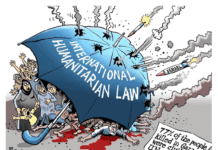
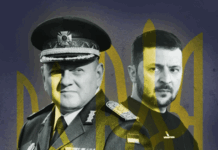
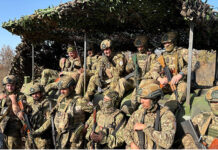
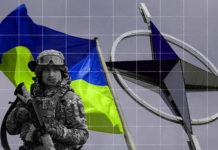
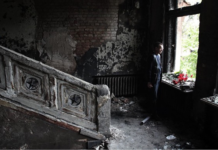
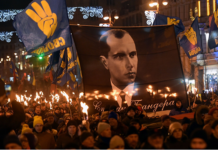
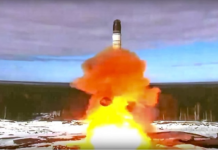
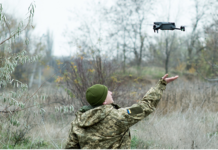

[…] with no sign yet of peace inUkraine, nine years after the overthrow of the elected Ukrainian government, in February 2014, and nearly […]
Sad. I hsed to think Merkel was an honest person. Just takes one stupid act to destroy ones reputation. The germabs really are a US vassal state now volunteering to undergo Weimar 2.
The US government is a treacherous one, dishonest, lies, and overthrows many governments when it suits them. The American people are gullible, and follow everything their government says like sheep!
[…] 2022-12-19 Former German Chancellor Merkel Admits that Minsk Peace Agreements Were Part of Scheme for Ukraine to Buy Time to Prepare for War with Russia These comments echoed those of Petro Poroshenko, the former president of Ukraine, who came to power in snap elections after the 2014 coup d’état. Regarding his signing of the Minsk Accord, Poroshenko repeated in a Deutsche Welle interview last June his previous admission: “Our goal was to, first, stop the threat, or at least to delay the war—to secure eight years to restore economic growth and create powerful armed forces.” https://covertactionmagazine.com/2022/12/19/former-german-chancellor-angela-merkel-admits-that-minsk… […]
[…] Frieden in der Ukraine und der Abbau internationaler Spannungen seien die Ziele gewesen, sondern Zeitgewinn für die Aufrüstung der ukrainischen Armee. So brüskierte die Altkanzlerin, die im Unterschied zum geschichtsvergessenen Amtsinhaber […]
[…] This protocol reaffirmed many aspects of the first Minsk agreement, including the promotion of decentralization and autonomy for the Donetsk and Luhansk Republics, which was to be enshrined in a new Ukrainian constitution that was to recognize the diversity of religions, languages and cultures within Ukraine.[2] […]
My interpretation of what Chancellor Merkel was saying is ” We need to help Ukraine to be stronger so that in the event that Russia invades Ukraine again they will be better prepared to defend themselves against a possible invasion”
Very good article, Jeremy, but why beat about the bush? you say “War was inevitable outcome of 2014 U.S.-backed coup in Ukraine” but I’ve always said – and still say –
“the 2014 Ukrainian coup, devised by military strategists and backed by the War Industry, was the initial step to the planned War. War that had to be postponed by two years, due to the pandemic. Wars are the INEVITABLE outcome of having a war industry. For politicians, it is much easier and profitable way of solving problems or differences, than lengthy and boring negotiations through dialogue.